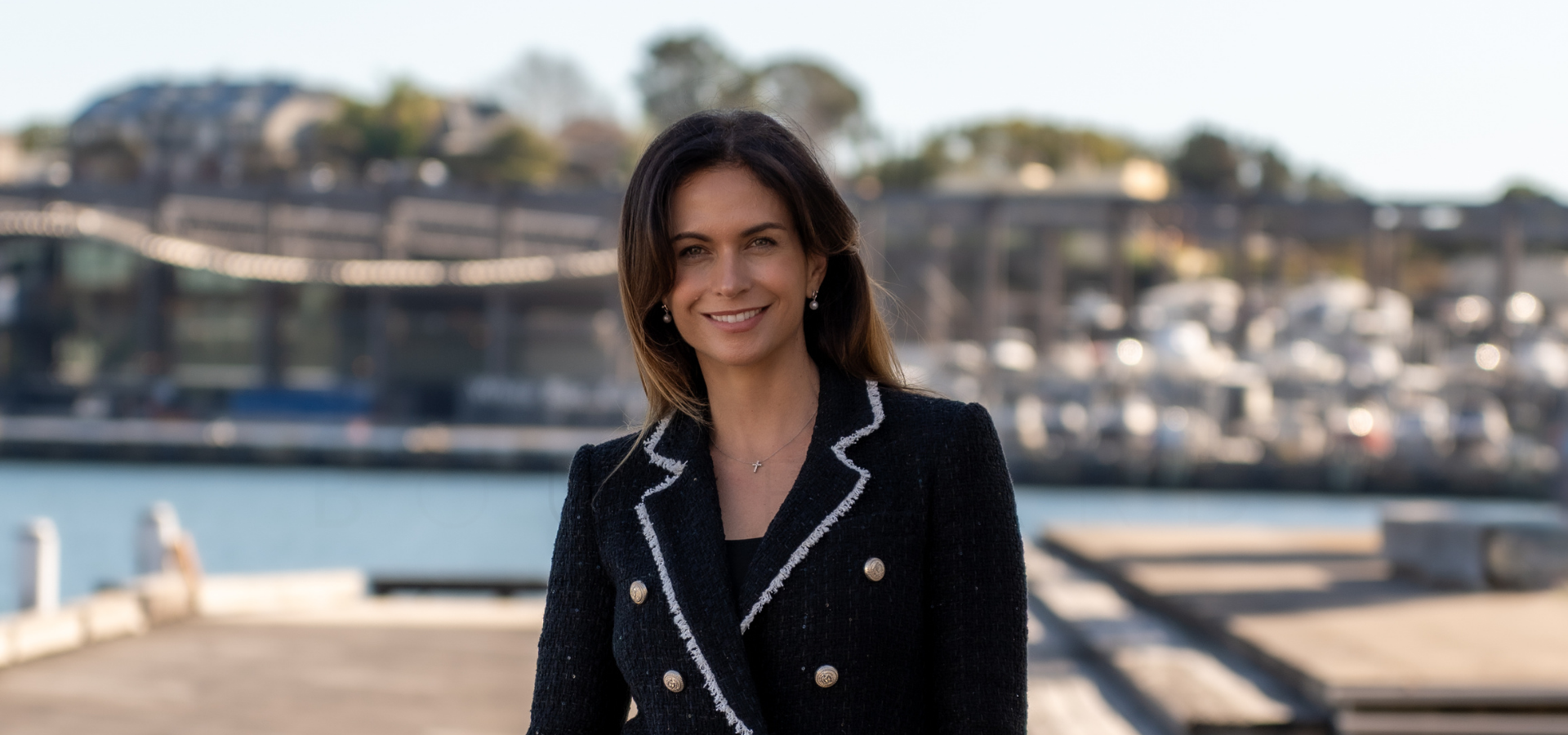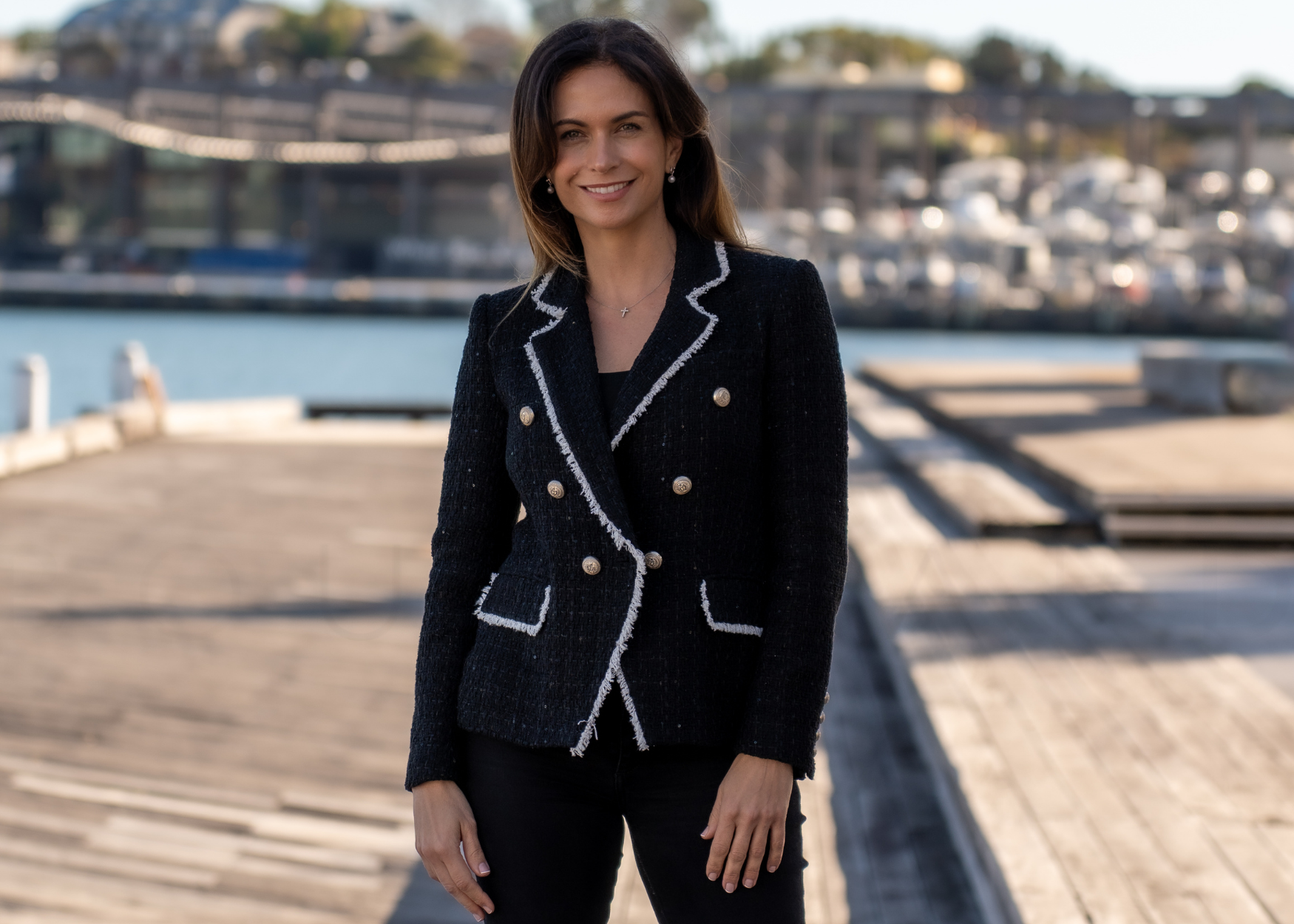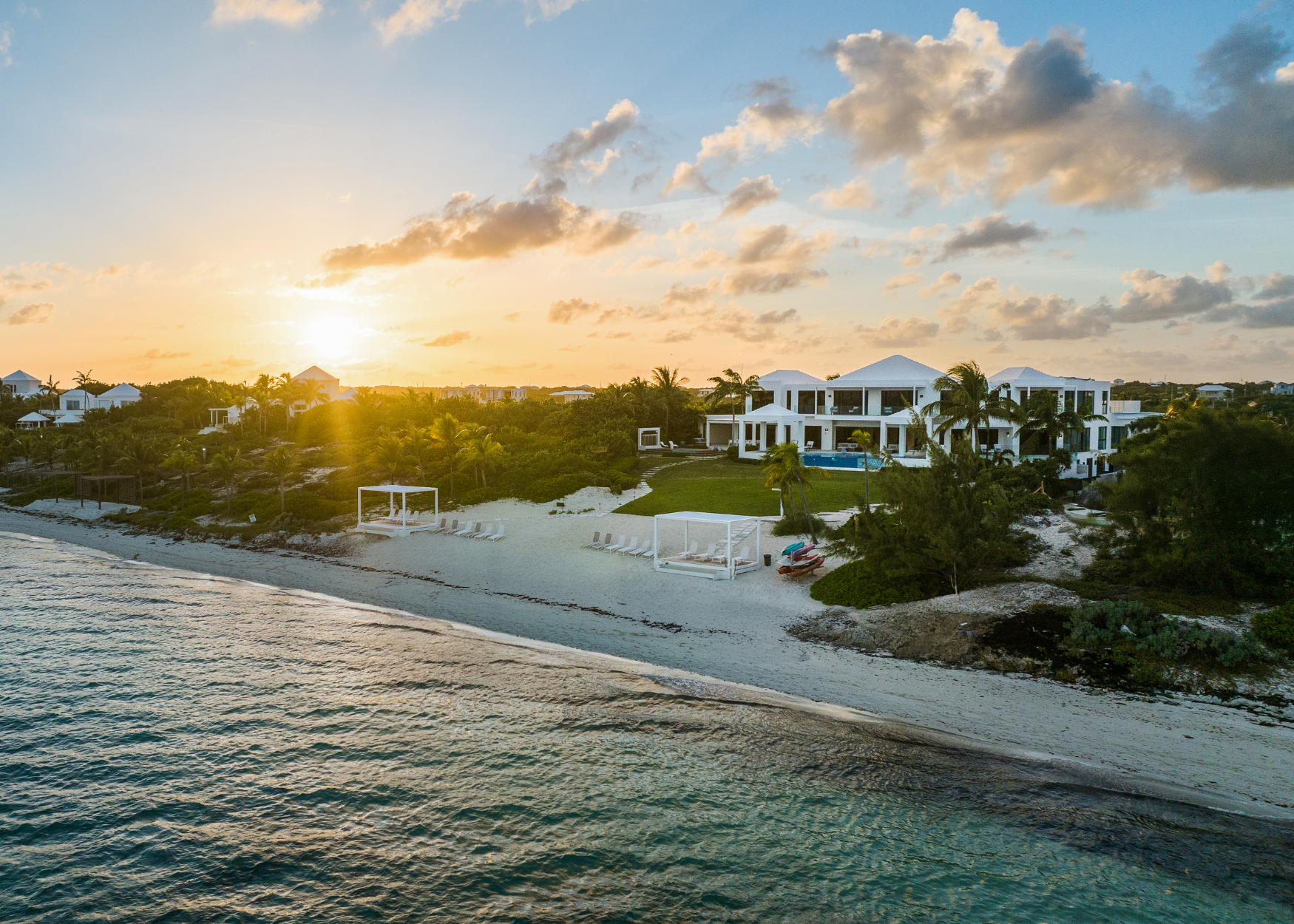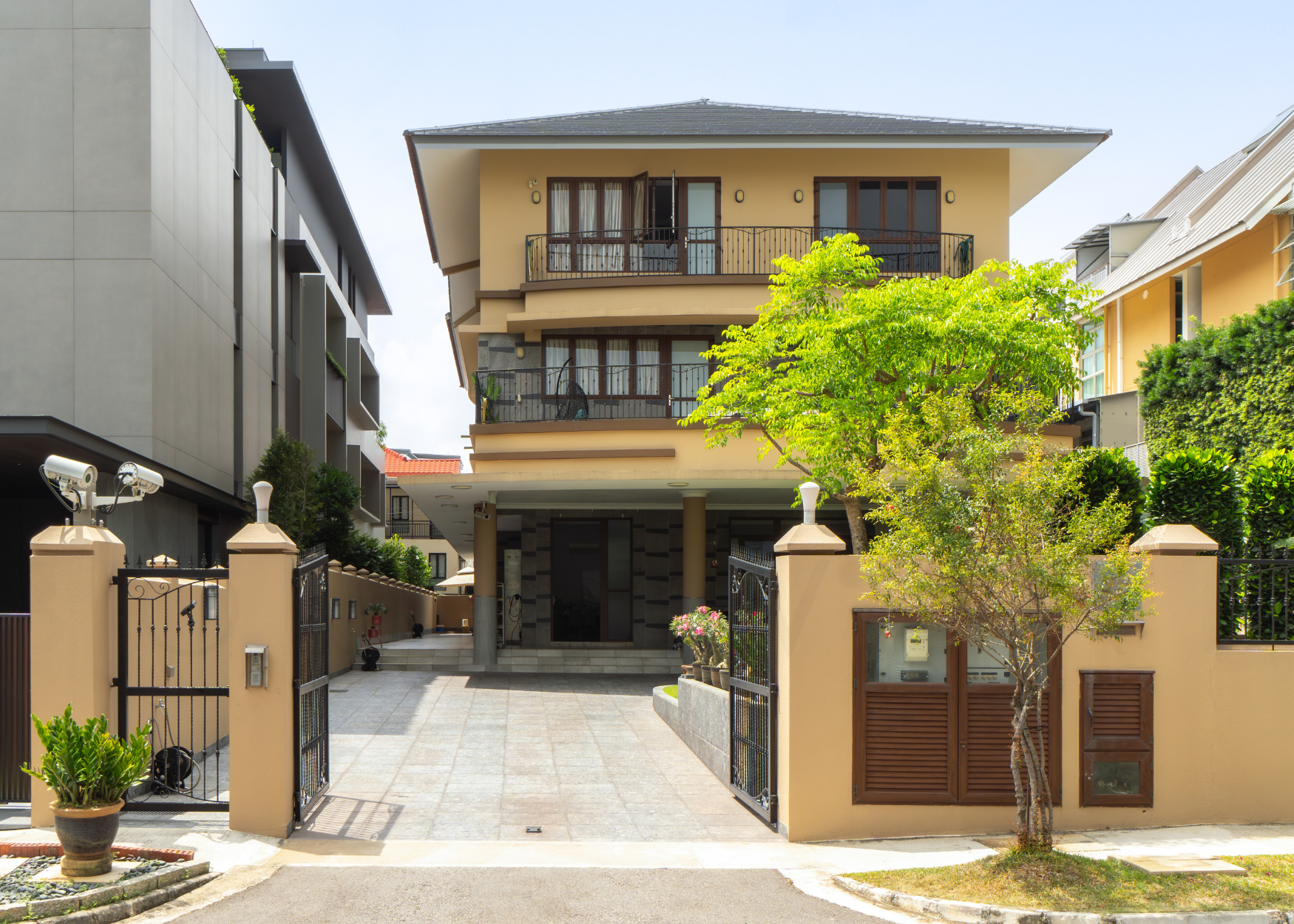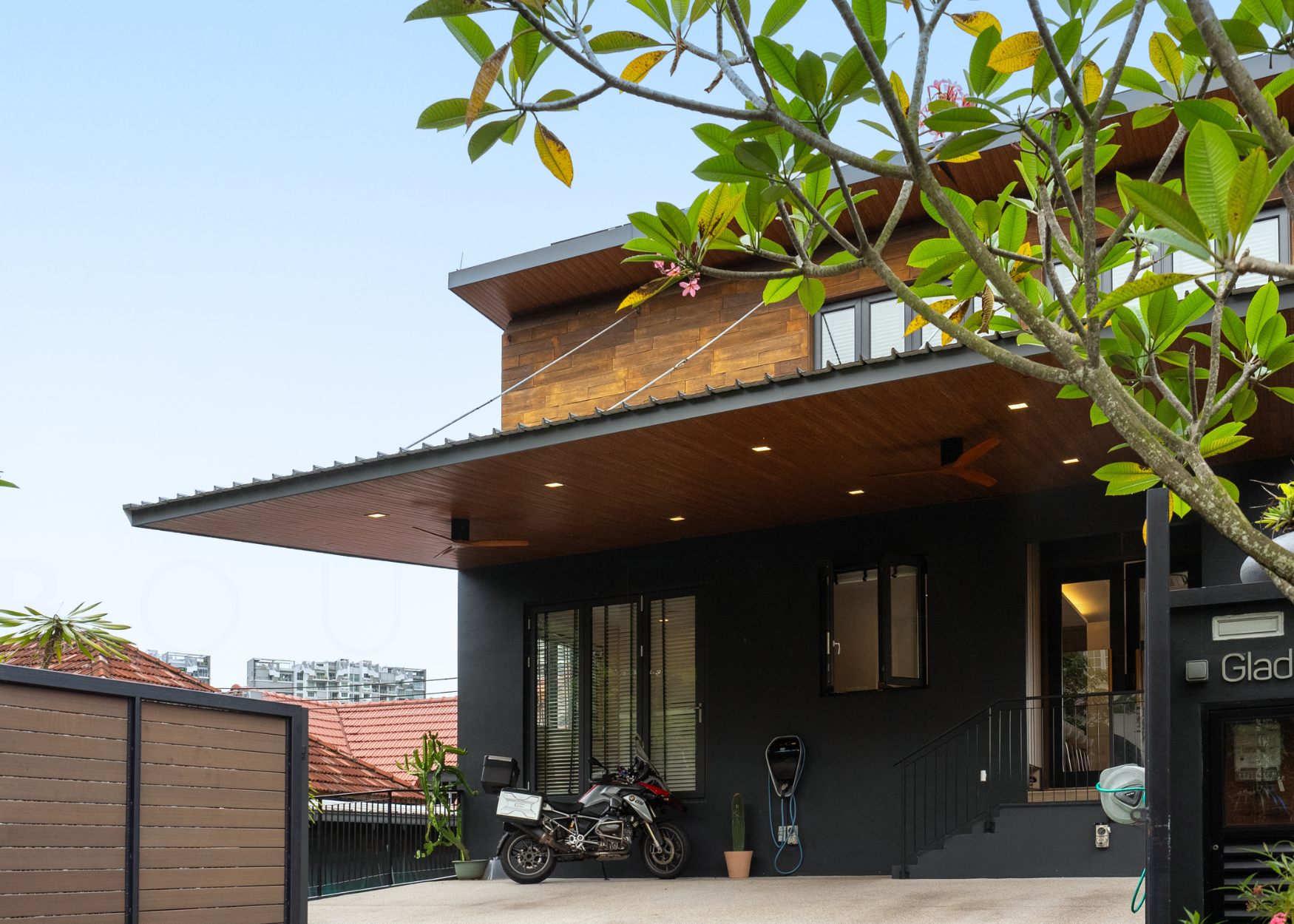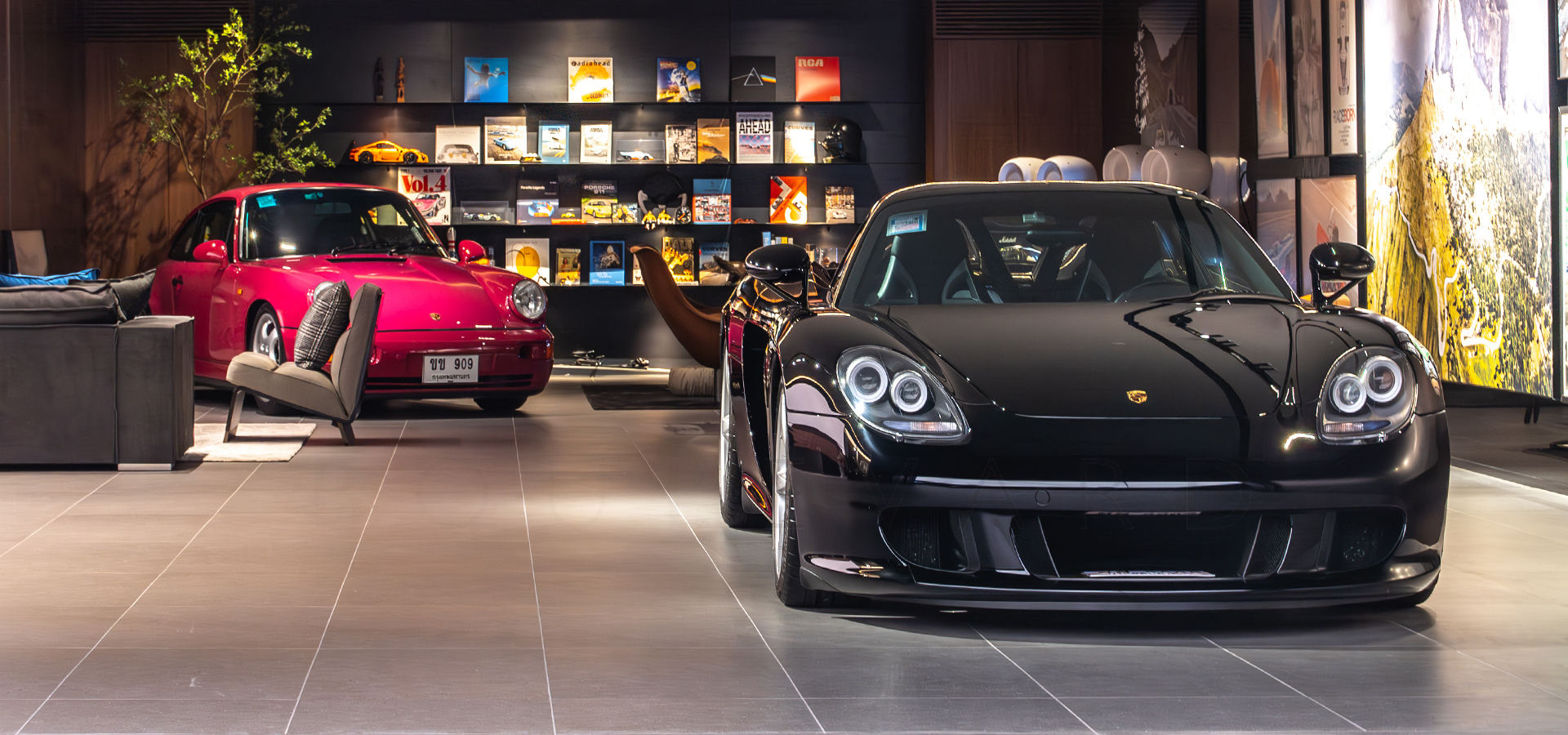The interview: Kathrin Mutinelli, MD of Seventy-Two Global
“The oldest family office in the world goes back over 19 generations. It’s the family behind Kikkoman – the soy sauce – and they’re going strong. There are no feuds, no scandals to read about in the papers. The family has lived by a carefully considered creed for hundreds of years,” says Kathrin Mutinelli, MD of Seventy-Two Global. “By contrast, because Australia is such a young nation, you don’t have those three, four, five generations of wealth. But it’s starting to take place as Australia enters a period of inter-generational wealth transfer. More and more families are starting to think about what to do with their money, how to preserve what they have built, and how to transfer it to the next generation.”
The Brisbane-based former management consultant founded Seventy-Two to build out a unique set of services tailored to family offices, and the families behind them planning for that hand-over to the next generation – be it the second, third or nineteenth. “I’m a strategist at heart,” says Mutinelli. “I love it when there’s a problem to solve.” Her advisory work ranges from growth strategies, acquisitions and divestments to wealth transfer and philanthropy, with a strong suit in capital raising for high-growth companies – which are often the latest ventures of her high-profile clients.
In contrast with Australia’s economic youth and geographical isolation, Mutinelli draws on a global yet rarefied network of multi-generational wealth. She’s passing through Sydney on her way to Dubai, where a high-profile client is launching a US $175m Series B round for his EV sportscar startup, then on to London to meet the CEO of a premier- ship Football Club raising capital, and then on to The Bahamas. “With our JV partner, Winterbotham Group, we have offices in Australia, Hong Kong, The Bahamas, Cayman Island, Puerto Rico and Uruguay, which gives us a unique reach into global markets while offering the very personal service that comes with a boutique firm.”
Then it’s back to APAC, where a group of “like-minded heirs, essentially” have come together to create a multi-family office that is setting up a self-funding vehicle in support of new artists. “They’re so devoted to the arts, and for me, it’s a privilege to work on projects with people who are deeply passionate about something – when they’re foaming at the mouth to make an impact.”
For all the love of strategy, it’s this human element that keeps coming through in Mutinelli’s conversation. The contrast between families that are empowering the next generation at an early age versus those where a handover will only take place on the deathbed. The founders devote their lives to building an incredible business, only to find that the next generation has no interest in it at all. The heiress defied a family charter prohibiting its women from going into the business. And the new generations pursuing a laser-focused ESG agenda – “not just going green, but measuring the impact and making a real difference”.
“The families are amazing because of the grit that they demonstrate, the will to succeed and, for many, to make a real difference,” says Mutinelli. “You meet these incredibly wealthy families that are still pushing ahead – and I find that so inspirational. Because they don’t have to, they choose to.”
Mutinelli leverages a breadth of experience and a global network to support projects as diverse as artesian water in Costa Rica and a vertical farm changing the agriculture industry, to a new ecosystem in global sports. “You start to see a pattern,” says Mutinelli. “You think, this guy’s not going to fail. It doesn’t matter what he’s doing. It could be Kool-Aid or cement, but whatever it is, this guy’s not going to fail.”
Long before inflation and high inter- est rates made profitability not just fashionable, but a matter of survival, Mutinelli was backing ‘grown ups’ rather than startups – businesses that are cashflow positive, with solid balance sheets and a roadmap for growth – as well as ‘offshoots’: new ventures by families with deep expertise. (“It’s not that it can’t fail,” she says of one such offshoot, “but you know that it won’t fail because the money runs out.”)
“A lot of families are grappling with the current situation – interest rates, recession, the war in Ukraine – and how these crises are going to play out,” she says. “Two years ago it was Covid, and then remember before that it was concerns about the impact of Brexit, where people were thinking, not that the world was going to end exactly, but what is going to happen there?”
Like the multi-generational families she works with, Mutinelli takes a long view. “If you keep going back in time,
you realise there is always uncertainty and risk on the horizon. Geopolitical issues are a given, almost a constant. And the most successful family offices know that they’re resilient, their balance sheets are set up in a way that allows them to change their liquidity positions pretty quickly, and that agility gives them the mechanisms to get through the tougher times – to diversify, or to take a hit for a while until things stabilise.”
“Crisis is a given,” she continues. “The need to protect and to grow one’s wealth is a given. But the principles to survive a crisis, to structure an entity for its preservation through risk and across geographies, and to enable wealth transfer through generations while building a legacy, all this requires careful thought, a clear vision, and purposeful steps mapped out – to execute on that vision. And when that’s done well, extraordinary things happen.”
